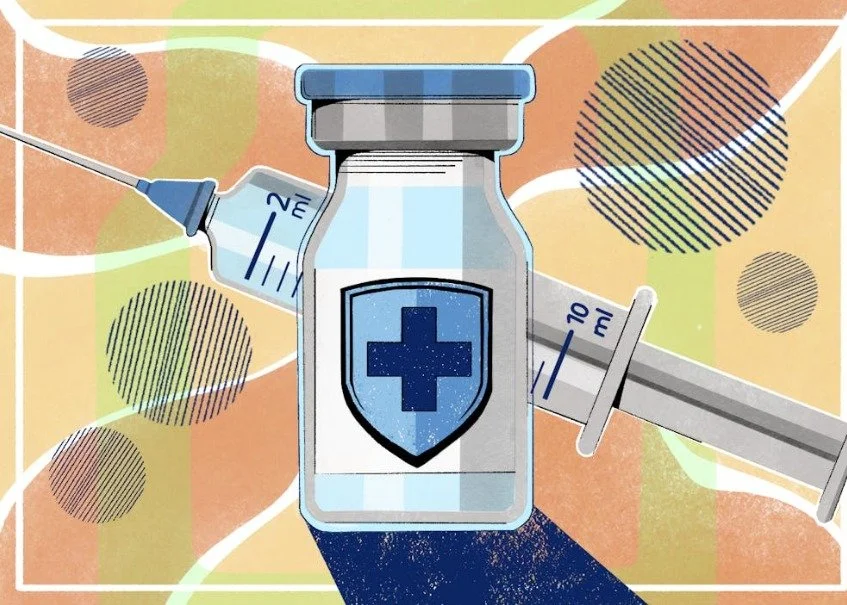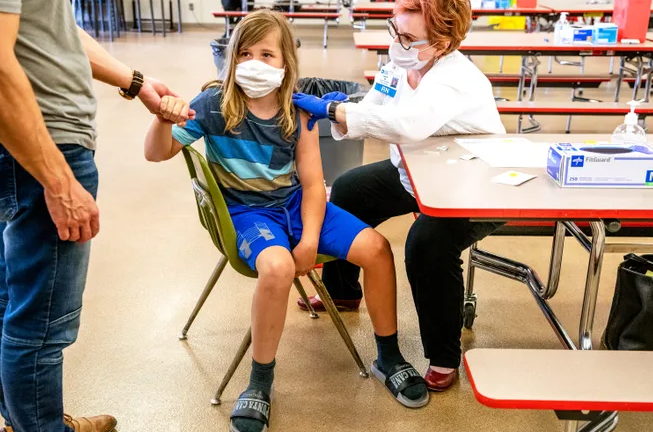4 signs of health misinformation online—if it ‘seems a bit ridiculous’ that’s a red flag, expert says
Fotostorm | E+ | Getty Images
CNBC Make It
In a tech-driven world with news just at our fingertips, it can be hard to determine what’s true and what’s false.
Of all of the misinformation floating online, fake health news can be particularly dangerous, especially if it promotes things like products that actually shouldn’t be consumed.
45% of adults surveyed by KFF in 2023 reported that they’ve heard, and believe, at least one of five false claims about Covid-19 and vaccines that KFF asked them about, prior to being surveyed. One of the incorrect claims was that ivermectin can effectively treat Covid-19, and 34% of those polled believed that it was probably true or definitely true.
“It just is a matter of taking time,” says Dr. Seema Yasmin, director of the Stanford Health Communication Initiative at Stanford University. Yasmin is also the author of “What The Fact?!: Finding the Truth in All the Noise.”
“And so often when we see people fall for false information, they just haven’t taken even a second to do some of these basic checks.”
Here are a few indicators that a post online is spreading health misinformation, according to Yasmin and Deen Freelon, professor at the Annenberg School for Communication at the University of Pennsylvania
RELATED STORIES FROM THE INTEGRITY PROJECT




